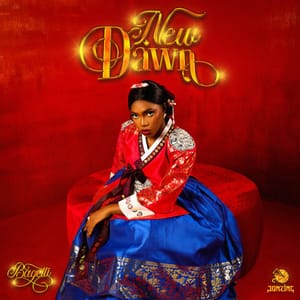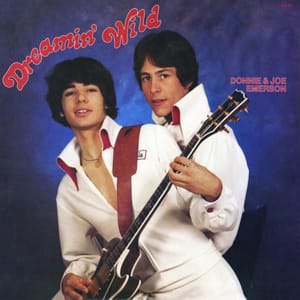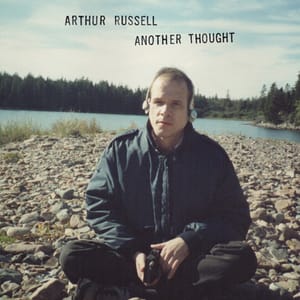Lenny Bruce’s legacy is undoubtedly a great one: The American comedian, who is no. 3 on Comedy Central’s list of the 100 Greatest Stand-ups of All Time, brought a more political aspect to the stand-up scene of the 1950s and 60s, which up to that point mainly was about telling silly jokes. Over the course of his career, Bruce acquired a big fan base, including various intellectuals and members of the arts community. However, his performances, which dealt with politics, religion and sex, also caused him much trouble: Bruce faced several lawsuits for obscenity—and finally was found guilty in 1964. This verdict made comedy club owners across the country blacklist Bruce as they feared prosecution for allowing obscenity. During that time, Bruce, who was known for his drug addiction, started consuming heroin, methamphetamine and other substances on a daily basis. In August 1966, the comedian died, presumably from a heroin overdose, only 40 years of age. His notable influence on and popularity among fellow artists became visible once again just after his death: A memorial service held in New York was attended by beat poet Allen Ginsberg and jazz bassist Charlie Haden, among others—and in the months to follow, many artists paid tribute to the comedian in one way or another. Model-turned-singer Christa Päffgen, who was one of pop art innovator Andy Warhol’s muses, was among them. Nico, as Päffgen called herself on stage, closed her 1967 album Chelsea Girl with an equally explicit and heartbreaking eulogy to Bruce, moaning at one point: “And why after every last shot was there always another?”
Listen





Editorial comments and musical inputs?